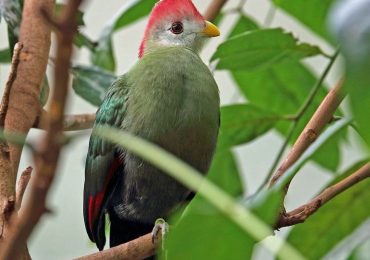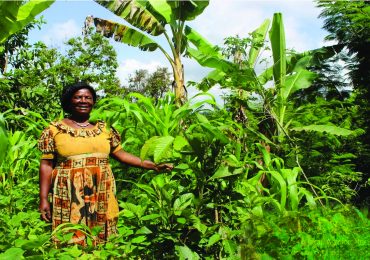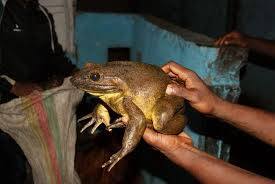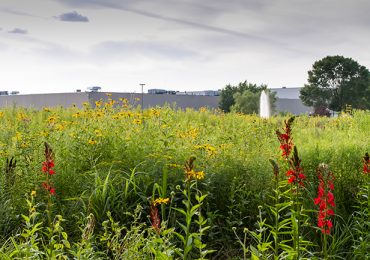The Environment and Rural Development Foundation (ERuDeF), on June 11, 2020 will be launching the Deng Deng National Park-Belabo Council Forest Conservation Corridor Project, East Cameroon. Through this project, ERuDeF will be supporting both the local communities of the corridor area and the Divisional Delegation of Forestry and Wildlife for Lom, to create two Community Forest Reserves of respectively 5,000 ha and 4,588 ha, to preserve a vital corridor between Deng Deng National Park (DDNP) and Belabo Council Forest.
This forested link is currently threatened by habitat loss from timber extraction and clearance for subsistence farming. The project is needed in order to preserve the forest habitat for a wealth of resident endangered species including but not limited to the Western Lowland Gorilla, Central Chimpanzee, African Forest Elephant and two species of Pangolins ( Giant and White bellied Pangolin). Whilst the forest is still relatively intact, a window of opportunity exists to preserve it against a trajectory of rapid forest conversion in the region.
The project seeks to preserve good quality forest habitats between two already existing protected areas (: Deng Deng National Park and Belabo Council Forest) for the maintenance and/or enhancement of suitable conditions for the movement of endangered species and prevent occurrences of inbreeding. Specifically, this project will strengthen the management of the Deng Deng National Park by effectively managing the two community forests created via simple management plans developed in full consultation with the local communities and the local ministries as well as other stakeholders.
Two new community forest reserves will be gazetted as an outcome of the project along with the approval of two simple management plans. The impact of this will be to support continued survival of critically endangered and endangered fauna, prevent fragmentation of the forest blocks from southern Deng Deng National Park and improve conservation awareness and practices amongst local communities. Local communities will manage the benefits derived from the forest through sustainable harvest practices bounded by the management and business plans.










